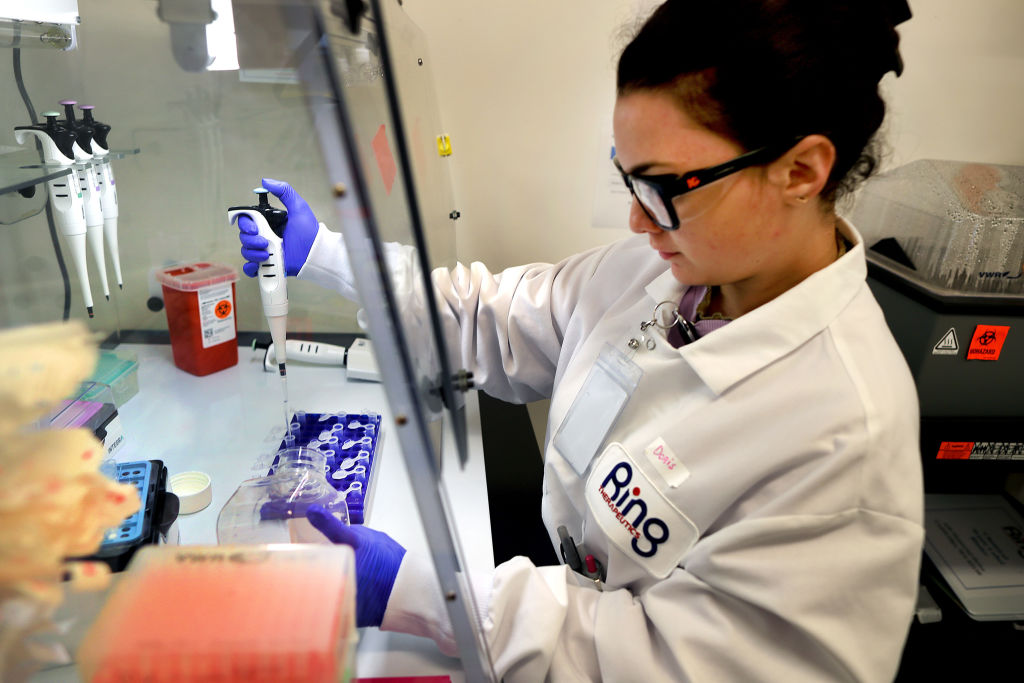that the benefits of the biotech revolution are equitably distributed and that ethical considerations are taken into account. As we move forward, it will be crucial to address issues such as data privacy, genetic discrimination, and access to these new technologies. Additionally, there must be a focus on training the next generation of scientists and engineers to work at the intersection of biology and AI, ensuring that we have the talent and expertise needed to fully realize the potential of this new frontier.
One of the key challenges moving forward will be navigating the regulatory landscape to ensure that these new technologies are safe and effective. As we saw with the approval of Casgevy, there will be important ethical and safety considerations to address when it comes to gene editing and other biotech innovations. It will be essential for policymakers, scientists, and industry leaders to work together to develop regulations that balance innovation with safety and ethical concerns, allowing us to fully harness the potential of this new era of biotechnology.
In addition to regulatory challenges, there will also be economic considerations to address as we transition to a bio-based economy. This shift will require significant investment in research and development, as well as changes to infrastructure and supply chains. However, the potential benefits are enormous: a bio-based economy could reduce our dependence on fossil fuels, create new jobs, and help mitigate the impacts of climate change. By investing in biotech now, we can position the U.S. as a global leader in this transformative industry, driving innovation, economic growth, and sustainability for years to come.
As we look to the future, it’s clear that the biotech revolution has the potential to reshape our world in ways we can’t yet fully imagine. From personalized medicine to sustainable agriculture, the possibilities are endless. By embracing this new era of biology and AI, we can unlock new solutions to some of the greatest challenges facing humanity, from disease to climate change. It’s an exciting time to be a part of this field, and I can’t wait to see what the future holds as we continue to push the boundaries of what’s possible with biotechnology.









